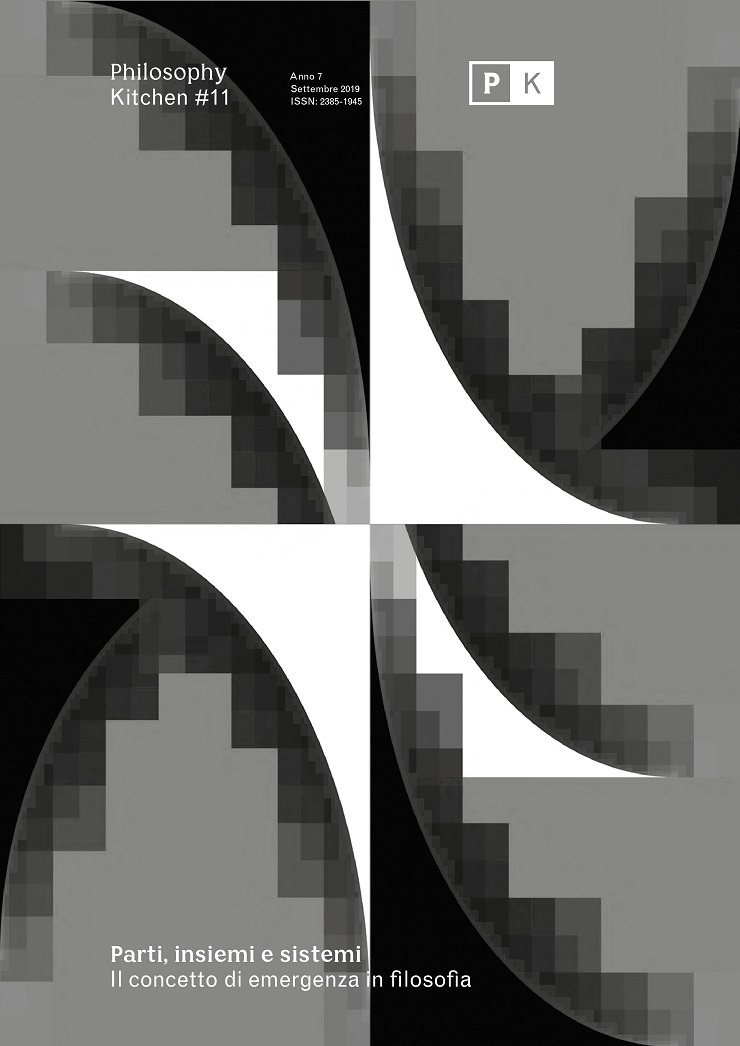Sull'inadeguatezza della mereologia formale husserliana per l'ontologia regionale degli insiemi chimici
Abstract
In his book, History as a Science and the System of the Sciences, Thomas Seebohm articulates the view that history can serve to mediate between the sciences of explanation and the sciences of interpretation, that is, between the natural sciences and the human sciences. Among other things, Seebohm analyzes history from a phenomenological perspective to reveal the material foundations of the historical human sciences in the lifeworld. As part of this examination, Seebohm devotes a section to discussing Husserl’s formal mereology because he understands that a reflective analysis of the foundations of the historical sciences requires a reflective analysis of the objects of the historical sciences, that is, of concrete organic wholes (i.e., social groups) and of their parts. Seebohm concludes that Husserl’s mereological ontology needs to be altered with regard to the historical sciences because the relations between organic wholes and their parts are not summative relations. In this paper, I extend Seebohm’s conclusion to the ontology of chemical wholes as objects of quantum chemistry and to argue that Husserl’s formal mereology is descriptively inadequate for this regional ontology as well. This conclusion is relevant for the question of the reducibility of chemical wholes to their parts and of the reducibility of chemistry to physics, issues that have been of central importance within the philosophy of chemistry for the past several decades.
Traduzione dall'inglese a cura di Erica Onnis.





